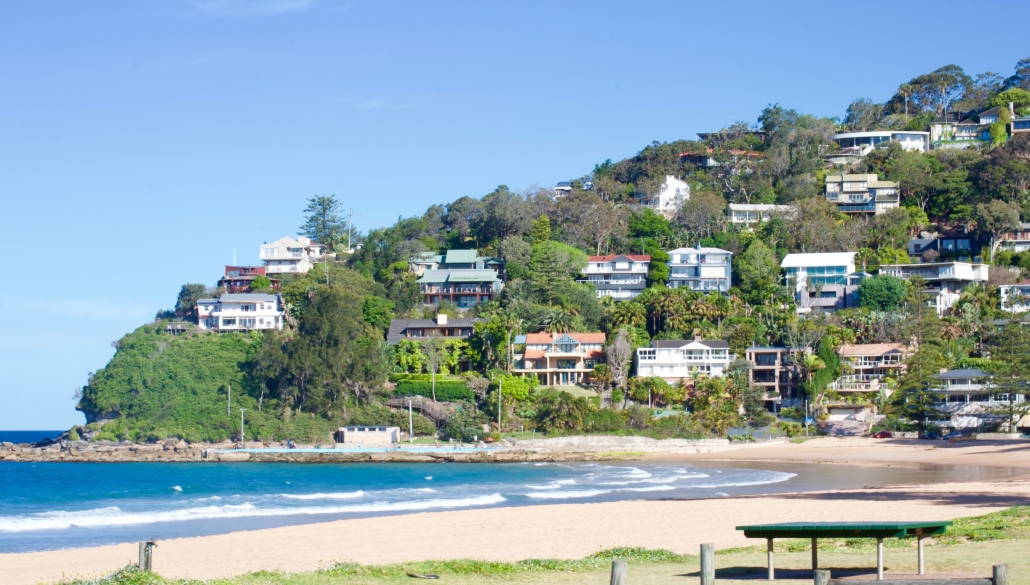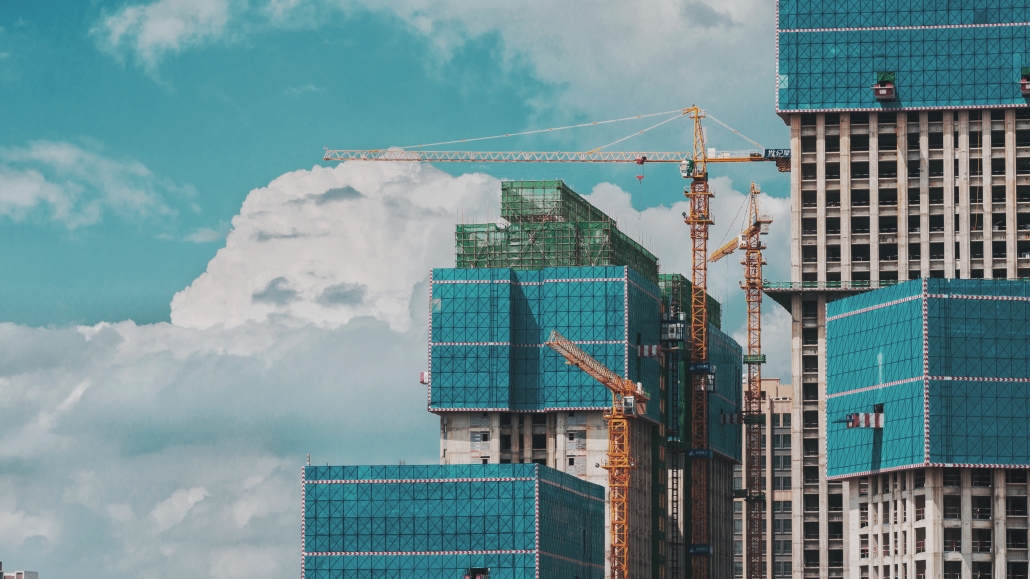Many of us share the same ambition and dream to live overseas, often in picturesque countryside offering stunning views that look straight out of a postcard image, a change from the views we see on a daily basis. To many individuals, owning a property overseas may stem from varying reasons, including a holiday home during the holiday seasons, income diversification and even for investment purposes.
With Singapore’s slew of property cooling measures including the ABSD and the SSD, local property investors are seeking to expand their horizons beyond our borders into foreign land including London, Australia and New Zealand.
However, we have all heard enough stories of foreign developers absconding with monies of unsuspecting property buyers, with the dream of that holiday home and hard-earned savings gone up in flames. Therefore, this article will equip you with some of the essential must-knows before you place your bets on your next foreign property purchase.

Foreign property purchase is likely to become an increasingly crowd-favourite option for property investors in the coming years.
According to a study by EdgeProp-Knight Frank Homebuyer’s Sentiment Survey in 2019, a near 30% of 803 surveyed individuals surveyed indicated their intentions to purchase a foreign property within the next 12 months. This was up from 2018 which was just a year prior, which saw 28.6% of interested individuals of 611 respondents.
As the demand for housing in Singapore continues to remain competitive, as proven during the year 2020 which saw frequent news headlines of increase in property transactions, fuelled by greater pressures from foreign buy-ins into the Singapore real estate market, it is to be expected that more policies will be introduced to curtail and manage the demand.
Not too long ago, URA announced a halt to the re-issue of the Option-to-purchase to eliminate the misrepresentation of the true demand in the private property market. While these measures may serve its purpose of regulating the market and protecting the interest of the general populous, it is a turn off for the eager investor.
This is coupled with increases in the ABSD rates, up from 7% to the current 15% for Singaporeans purchasing their second property locally. Having to jump through these hoops, investors may find that the investment yield may not be as satisfactory anymore, gazing their eyes on the second best option: foreign properties. If you are one of them, here are checklist to note:
1. Do your homework, buy from the best
Especially in a time like COVID-19 where cross border entries are made more difficult than ever, ensuring that your choice of purchase is legitimate and credible is crucial.
It is essential to do the necessary background checks on the developer and their credibility, ensuring that what is promised is delivered to the expected quality and standard. Look into their past track records and past projects completed, keeping your eye out for any indications of red flags including newspaper or online reviews.
Sometimes, foreign developers may seize the opportunity to present factually untrue statements such as promises of upcoming projects and infrastructures that will boost the value of your property purchase, in order to sway your decision making in their favour only for you to realise that these promises never realise.
Just like in Singapore’s Master and Concept Plans, foreign governments should provide publicly-available information on future plans for the land which will provide you with a reliable source to substantiate the words of the developer.
If you would like to skip all the hassle of proving the authenticity of a developer, we would suggest passing that duty off to a trained professional, often a trained and certified real estate agent or consultant who is well-versed with the foreign property field. Invest a little bit more into sourcing for the right help to save yourself from the possibility of being swindled!

2. Calculating your true profit margins
Different countries bring about different financing and legal entanglements. At the time of writing, the average interest rate of Home Loans in Singapore stood at an estimated 1.2% and the highest in recent times is below 2.5%. Compared to our not-so-near neighbour, Australia, the average mortgage interest rate stands around 3.88% now as compared to 7.25% a few years ago.
While foreign properties may be ‘cheaper’ and present themselves as a good buy, higher interest payables may erode expected earnings. Taxes and property ownership laws are also key considerations one has to make when deciding on a foreign property purchase.
The strength and stability of the currency where your property is located must always be considered. The real estate market or economic climates of the country may affect the projected value of an overseas property investment. However, any appreciation or depreciation of the foreign currency will also affect the overall returns due to its fluctuations. Hence, it’s important to consider the volatility of the currency.
In less direct ways, rental income can be affected by other factors including political stability and environmental factors which can contribute to vacant periods. In recent years, the USA was a classic example of political uncertainty under the Trump Administration in its impact on its foreign property market demand.
Falling short by a massive 36% in just 1 year, the volume of homes purchased by foreign buyers fell in 2019, showing the relationship between political certainty and rental income stability. This is why Singapore continues to remain one of the most prized real estate investment haven in spite of its taxes and legal, with confidence in the nation’s economic growth cited as one of the top reasons for why majority of real estate investors would still prefer to keep their hands dabbled within the nation’s market. If you would like to find out more why Singapore remains so attractive in spite of her prices, check out our previous article here!
3. Gathering a team to manage your property
Most Singaporean property investors still have commitments on mainland, including their jobs and families, rendering it unfeasible for frequent monitoring of the property, especially if it is leased out on rental to a complete stranger abroad.
Some of the main components of renting out your foreign property that can prove to be quite a headache includes ensuring prompt monthly rental repayments, tenant scouting and maintenance of the property. Layered with possible cultural differences, not being able to physically monitor the tenancy journey can add to the stresses of the foreign owner.
Hence, it is crucial to hire a credible management agency or agent who will bear the responsibilities of maintaining the property and clauses under the tenancy agreement for a nominal fee.

We hope that this article has exposed the realities of owning a foreign property beneath all the hype and glamour of the benefits proclaimed.
Nonetheless, there is no harm in holding on to one’s dreams to be living by the coasts of Australia’s beautiful beaches! By no means is this article a sufficient source of advice when deciding to purchase your next investment property, and it is highly recommended to seek the help of professionals who are well-versed and trained to protect your interests.
Want to find the best mortgage rate in town? Check out our free comparison service to learn more!
Read more of our posts below!

